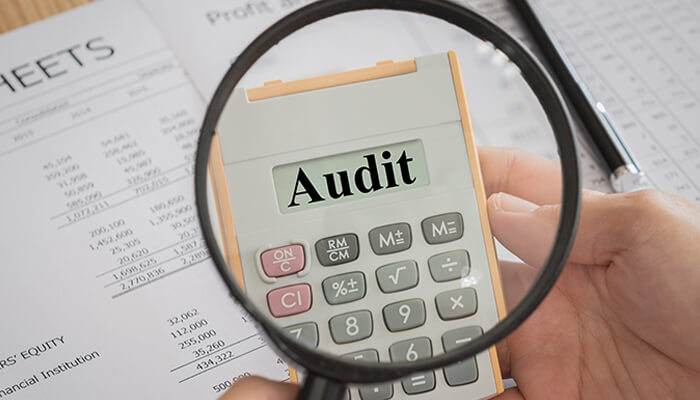An audit is an excellent way to do due diligence and ensure that everything is progressing well in your business. For example, an audits report can reveal areas that need improvement on an ongoing product development.
There are many different types of audits that can help your business grow. From internal audits to external audits, there are many different ways to help your business grow.
Internal audits
Internal audits are conducted by the internal staff of the organization, such as the Human Resources department or the Finance department. The purpose of an internal audit is to ensure that there are no problems with how things are being handled in terms of finances, assets and liabilities. Internal audits may also be done for compliance reasons when a business is required by law to conduct a certain type of audit (such as auditing financial statements).
Comprehensive audit
A comprehensive audit is an audit that covers all aspects of your business, from sales to expenses.
This type of audit can be used to determine if your business is running at a profitable level.
It will look at the overall financial performance of your company and identify areas for improvement.
A comprehensive audit will also provide valuable information about specific areas within your business that could use improvement or expansion.
External audits
External audits are conducted by outside companies that specialize in conducting audits for various industries and businesses. These companies usually conduct their own internal audits prior to hiring an external auditor to conduct an assessment of the company’s financial statements and practices.
Financial statement audit
A financial statement audit is performed by external auditors who are required to review your financial statements and make sure they are complete, accurate and fair. They will look at the company’s balance sheet, income statement, statement of cash flows and notes to the financial statements. You can prepare for this type of audit by preparing a detailed budget and planning how much money you think your business will need in order to achieve certain goals.
Preliminary assessment audit
In some cases, your business may be able to avoid an external audit by performing a preliminary assessment audit instead. This type of audit looks at whether your numbers add up but doesn’t examine them closely enough to determine if they are accurate or not. It can be useful if you want to know if there are any discrepancies without having to spend money on a full audit later on down the line.
Compliance audits
Compliance auditing is similar to internal auditing except that it focuses on ensuring that a company is following all laws and regulations governing its business operations. Compliance auditors often have more experience than internal auditors because they have worked with regulatory agencies on a regular basis over time so they know what they should look for when conducting assessments of companies’ compliance with laws and regulations. [For example, if your company handles sensitive customer data, you might need an SOC 2 compliance audit to demonstrate adherence to industry data security and privacy standards.
Performance audit
A performance audit is a review of how well your business is performing against its goals and other objectives. This type of audit is usually done after a financial or management audit.
Risk assessment audit
A risk assessment audit is an approach used to identify and assess risks to which an organization may be exposed over time. The objective is to determine those risks that can have a significant impact on the business, and decide whether they are worth taking action against or eliminating them completely.
Forensic audit
A forensic audit is an audit which focuses on specific areas of your business. It will be done by an independent auditor or company that specializes in forensic audits. A forensic audit can help you find out if there are any fraudulent activities happening in your company or not.
Internal control review
An internal control review is a type of audit that helps businesses identify weak points in their internal control system by conducting an independent review of those systems. An internal control review helps you prevent frauds and embezzlement from happening within your organization.




